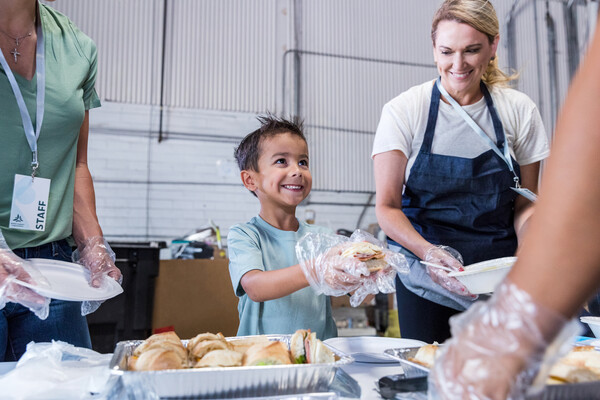[Jeong Jae-hoon's Column on Food & Drug]
When we're feeling down, eating often makes us feel better. Since food is essential for survival, the act of eating activates the brain's reward system, providing a sense of pleasure. However, this connection between eating and feeling good can sometimes lead to overeating and, eventually, obesity. On the other hand, if you find no pleasure in eating, it could indicate a more significant issue, such as depression. In such cases, it's important to consult a doctor.
Different types of food reward the brain in different ways. For example, eating carbohydrate-rich foods like pajeon (Korean scallion pancakes) on a rainy day can lift your mood. This effect may occur because digesting and absorbing carbohydrates increases serotonin levels in the brain—a chemical that promotes feelings of well-being. While starchy foods don’t contain much serotonin, carbohydrates help more of the amino acid tryptophan, a building block of serotonin, reach the brain. This is also why giving a child something sweet, like candy, can quickly stop their tears.

Foods that remind us of happier times can help soothe feelings of sadness and loneliness. We often refer to these as "soul food" or "comfort food." The appeal lies not so much in the flavor or nutritional value but in the memories and cultural significance tied to the food. For one person, comfort food might be tteokbokki (simmered rice cake); for another, it could be a glass of orange juice or chicken noodle soup.
Because the amygdala, the brain region that processes smells, is closely linked to the hippocampus, which governs memory, food aromas are particularly powerful in evoking emotions. This connection explains why, in French author Marcel Proust's novel In Search of Lost Time, the protagonist is overwhelmed by childhood memories after tasting a madeleine dipped in tea.
There's another source of nourishment that strengthens us: eating together. Numerous studies have shown that sharing meals can alleviate depression and improve mental health. For instance, a 2017 Oxford University study found that people who ate socially more often were happier, more satisfied with life, and had stronger, more reliable friendships.
A 2023 Spanish study published in a clinical nutrition journal revealed another fascinating insight. While family meals are linked to fewer symptoms of anxiety, depression, and stress, meals shared with friends showed an even stronger positive impact. This highlights the profound power of social solidarity.
The tragedy of the Jeju Air passenger plane crash on Sunday remains fresh in our hearts. Amid the sorrow, some prepared kimbap, bread, and drinks, while farmers shared their grief by serving hot meals at the scene. While we may never fully overcome the pain of loss, we can find solace in coming together. Sharing a meal—no matter how simple—reminds us of our shared humanity and helps us gather the strength to carry on with what must be done.
May this year bring more hope and healing than the last.

Jeong Jae-hoon is a food writer and pharmacist. He covers a variety of subjects, including trends in food, wellness and medications. This column was originally published in Korean in Joongang Ilbo on Jan. 2, 2025. – Ed.
Related articles
- [Column] Misunderstandings about ultra-processed foods
- [Column] What Culinary Class Wars reveals about Korean society
- [Column] Why it's good to eat cooked vegetables
- [Column] What you need to know about vitamin D
- [Column] The science of cooking rice
- [Column] Intermittent fasting, a double-edged sword
- [Column] Olive oil and dementia mortality risk
- [Column] Why you shouldn't overeat on a hot day
- [Column] Why standing at work won’t improve your health
- [Column] Why do we get more vulnerable to alcohol as we get older?
- [Column] Myths and truths about nutritional supplements’ interactions
- [Column] Does lemon water really work?
- [Column] Can we be addicted to food?
- [Column] Myths about laxatives
- [Column] Why you should avoid late-night snacking

